Like most multiplayer games, Dota 2 also has its lingo. From its competitive scene to basic gameplay elements, players use various abbreviations to describe certain situations—and “322” is one of them.
322 means throwing a match with questionable decisions and plays in Dota 2. Whenever a player or a team proceeds to lose their enormous lead in a game due to uncharacteristic plays, fans often refer to the situation as 322. Depending on the lead’s size, the number 322 can also get multiplied by two or three, making 644 and 966 the two more advanced versions of 322.
What’s the origin of 322 in Dota 2?
The term 322 was coined after a Dota 2 match-fixing scandal that took place in 2013. A reputable Russian team, RoX.KiS were to play in a StarLadder match versus a much weaker opponent, zRage
RoX’s victory was predicted by many fans with betting sites even giving 3.22 odds for zRage defeating RoX. Despite a relatively normal start to the match, RoX started showcasing a series of questionable plays, which led to zRage winning the match.
Shortly after the game, StarLadder investigated the situation and found that a RoX player, Alexey “Solo” Berezin, had a $100 bet on zRage winning versus his own team, which netted him a total of $322 that would also become a timeless meme within the Dota 2 community.
The aftermath of the 322 incident
When the first 322 incident occurred in 2013, Valve was less involved in the Dota 2 competitive scene than today. The company only handled The International, while third-party organizers held almost all the tournaments during the year.
Considering the match-fixing happened in a StarLadder tournament, Solo was initially banned from participating in StarLadder tournaments for life. The ban was later reduced to a single year, and Solo went on to have one of the most successful careers in his region, achieving over $1.8 million in career winnings.
Solo’s incident would mark the last time a match-fixing player would get off with a slap on the wrist. With Valve getting more involved in the game’s competitive scene, the punishments became severe.
In 2014, Arrow Gaming from SEA was caught fixing matches, and the young squad was handed a lifetime ban from Valve events, which meant the end of their career.
Another notable 322 incident occurred in 2020, where the ashes of a legendary organization, Newbee, were caught match-fixing in a StarLadder tournament in China. The roster containing former TI winners like Zeng “Faith” Hongda and runner-up Xu “Moogy” Han were issued lifetime bans from Valve events alongside the players on the other side of the coin.
A more recent case took place in 2022, where Team Orca was disqualified from the DPC SEA 2021/22 season due to having players from their sister team play for them. A total of 10 players involved in the incident, including Cheng “vtFαded” Jia Hao and Lai “AhJit” Jay Son, were banned for life from Valve events.
If you happen to throw your team’s lead in a pub match with a series of questionable plays, expect to be called out for your 322-like behavior. But you should get off without a lifetime Valve ban unless you’re betting your Rare items on the enemy team.


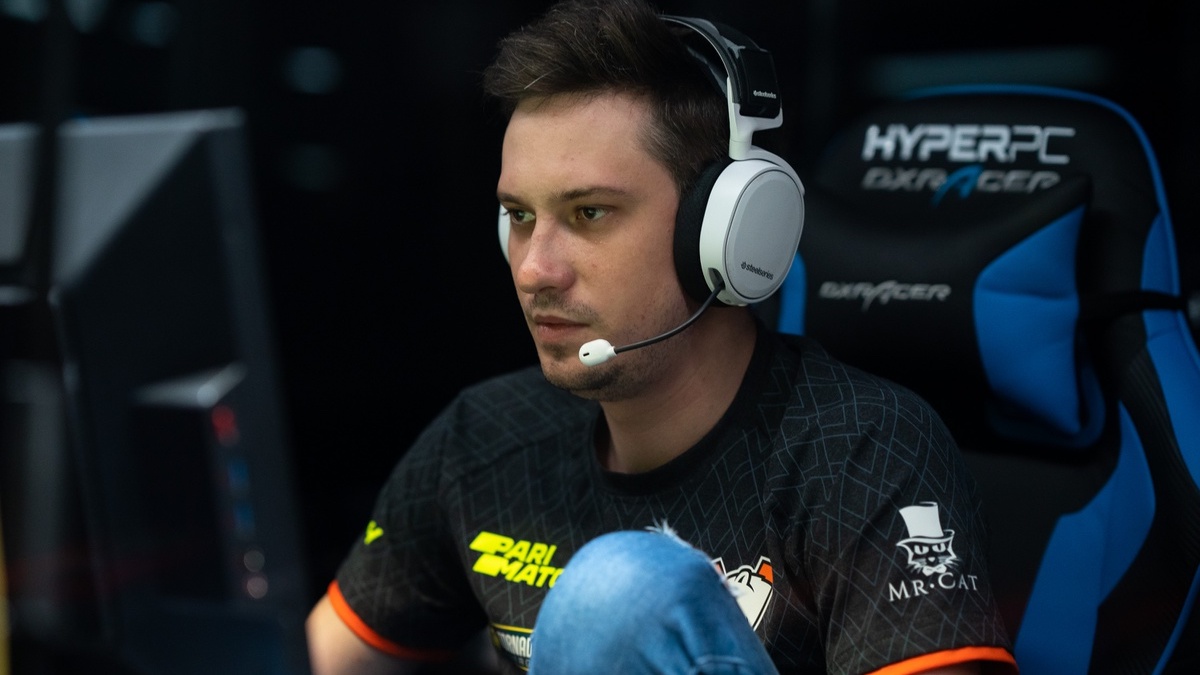
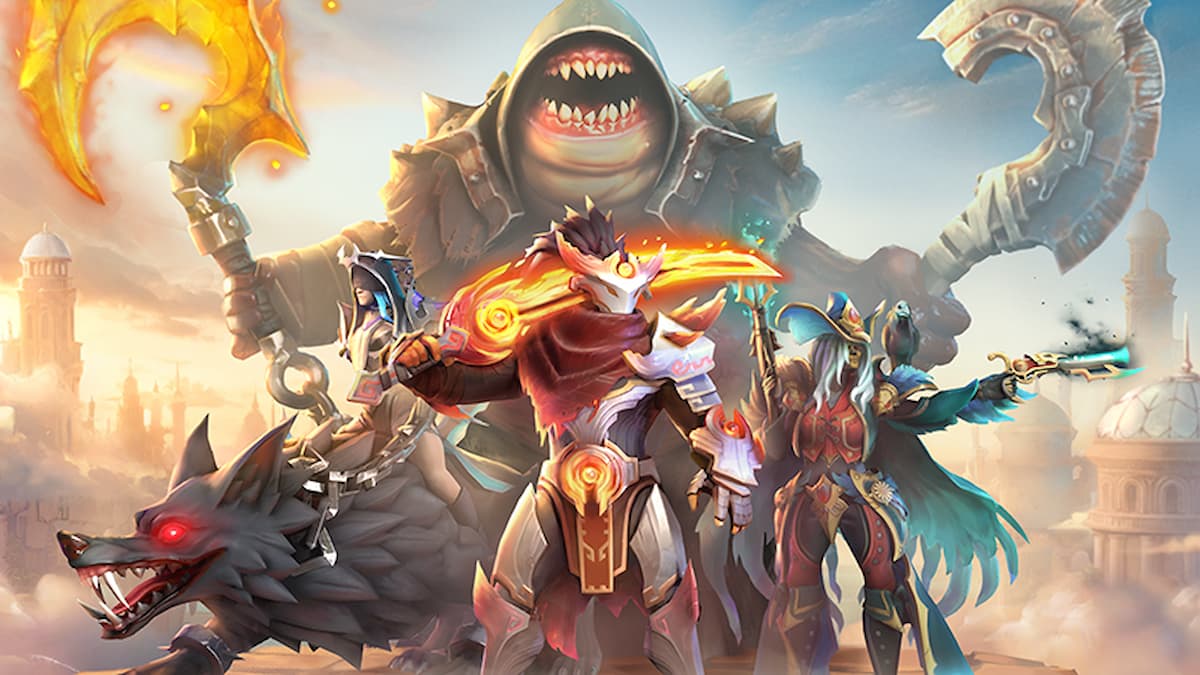


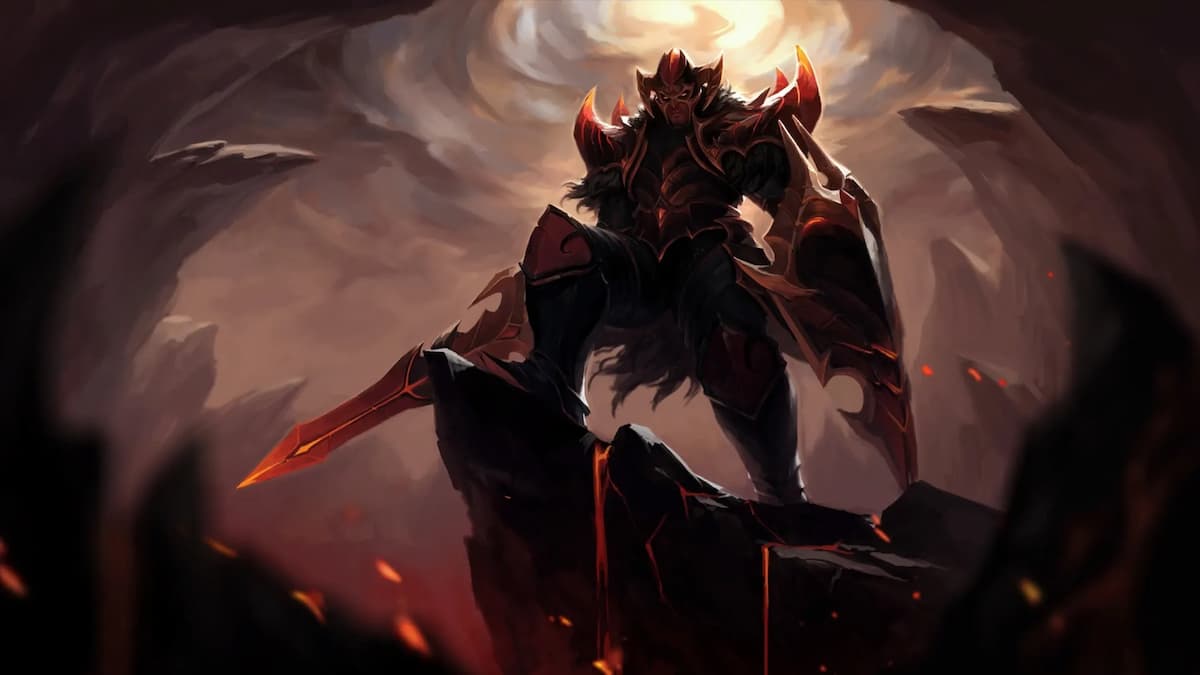
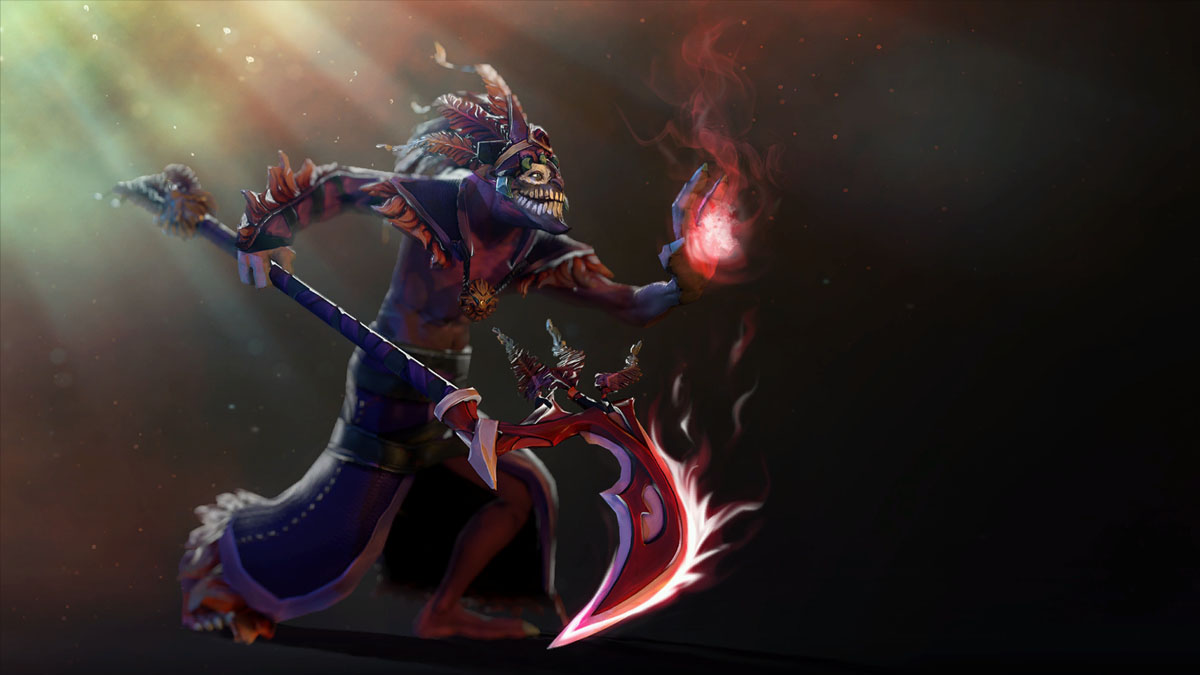

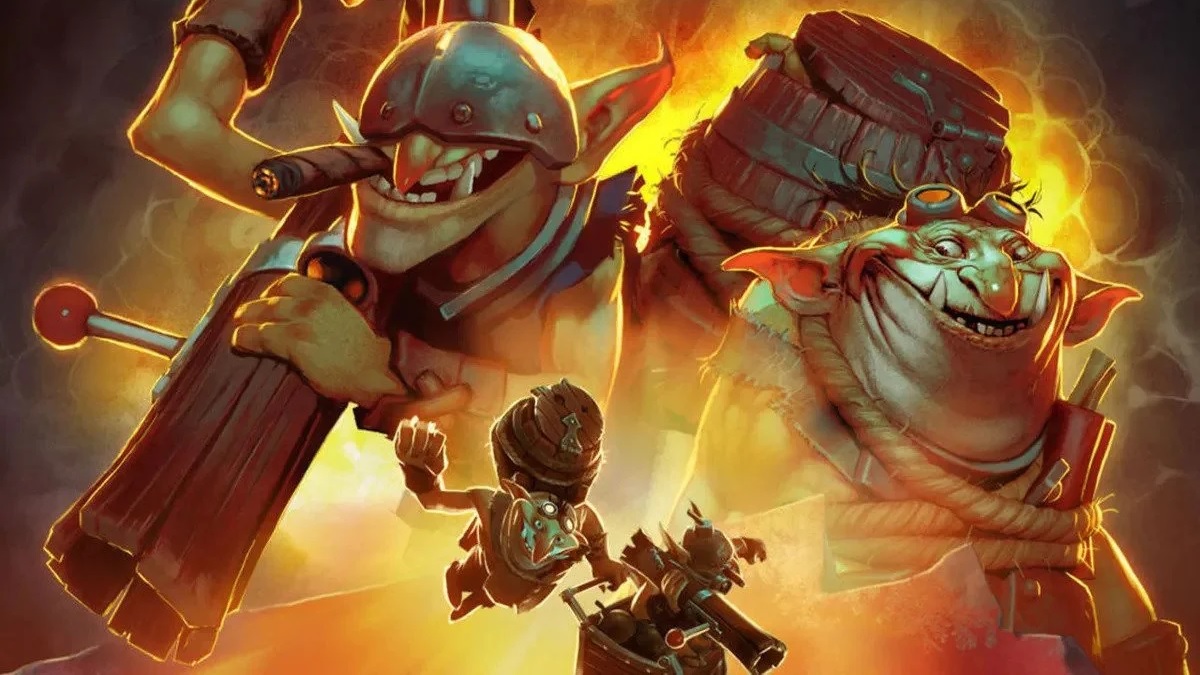
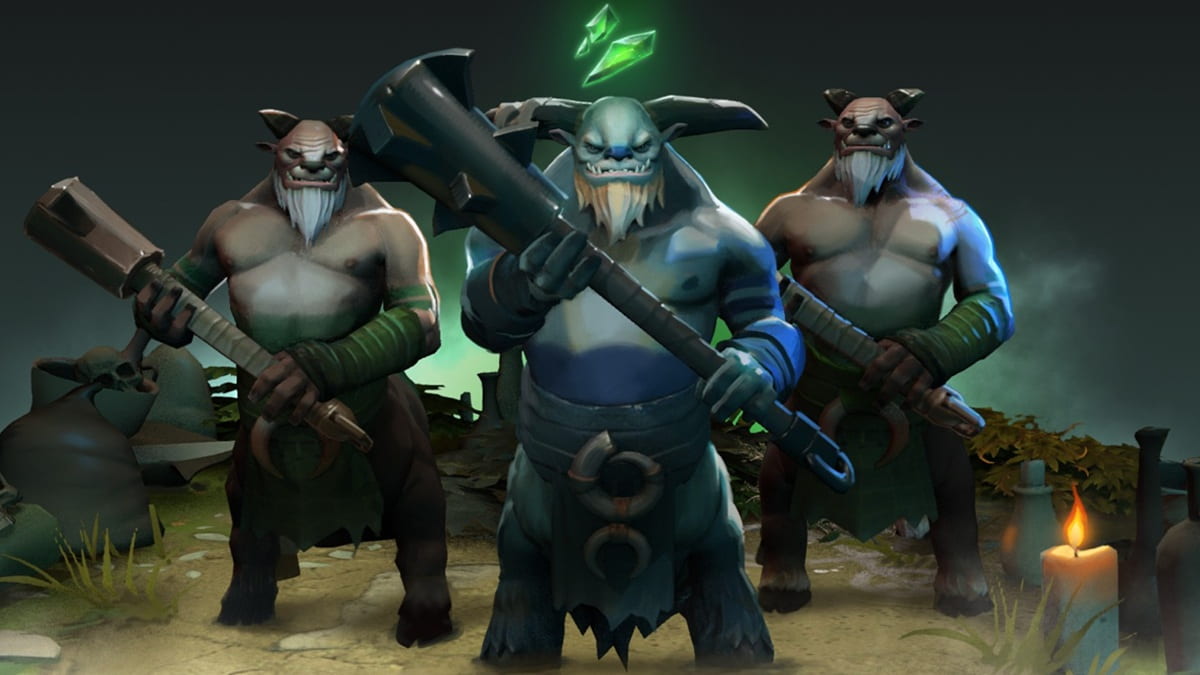
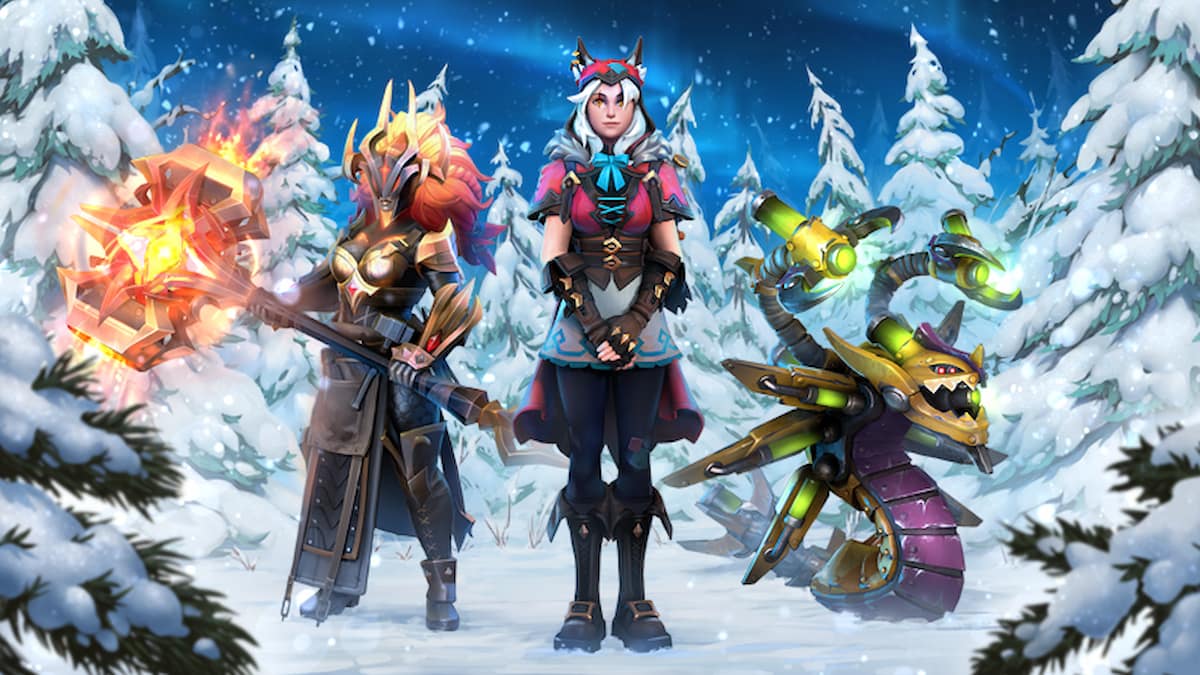

Published: Nov 7, 2022 09:44 am